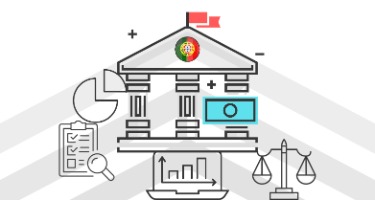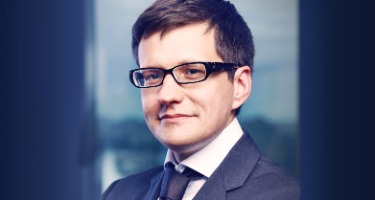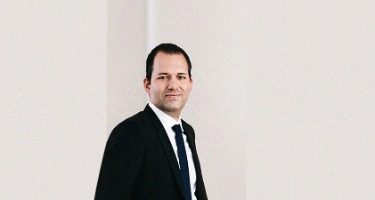Anna Babych, a partner in AEQUO's Ukrainian office, isn’t afraid to engage with emerging legal technologies. In a discussion with Best Lawyers CEO Phillip Greer, Babych discusses her philosophy for success and outlines the major cases and projects AEQUO has undertaken in the year leading up to their 2019 “Law Firm of the Year” award for Mergers & Acquisitions Law.
What achievements from this past year do you feel led to being named Law Firm of the Year?
We had a successful year—both by the number of the projects and their impact on the market. We’re establishing our reputation as the top M&A practice in Ukraine with particular focus on private equity M&As. However, despite the busy year our main goal was not just to take, but to contribute back to the community.
Among my personal achievements, I would point to the enactment of the new law of Ukraine “on limited liability companies”. I am pleased to be one of the co-authors and to have participated through the whole process of its elaboration—from the first initiative till pushing it for final voting by the Ukrainian Parliament. Exciting and unique experience indeed. For Ukraine, it has been a huge step from the post-Soviet legal environment to the modern European-like one. The investor-friendly legal environment subsequently inspired several other reforms in the corporate sector. It was incredibly satisfying to have the support of European leaders and the business community.
What trends have you witnessed within M&A in the past year?
Just recently, Ukraine passed a law permitting shareholders agreements. Before that, they simply didn’t work in Ukraine. Our group of experts was one of the key drivers of that law. We worked very hard to promote more flexible, pro-European policies. One of the reasons is that Ukraine joined the EU Treaty and has commitments to comply with our legislation with the EU legal framework. There are now deadlines to introduce new legislation into the local one.
In what way has technology affected your practice?
Data security and protected communications are the areas where technical issues tend to come up the most. Our clients often ask us to organize a secure virtual data room. We ended up establishing the virtual data room tool for our clients ourselves, which is indeed of demand. We can do the reporting for the clients, let them know who checked which documents, whether they actually checked that or not. It encourages another level of oversight. IT was instrumental in developing that practice.
On top of that, we have another project where we developed a documents automation tool to customize frequent and standard requests. We have high standards in this area. Now that we’ve automated this task, we’ve cut our production time down substantially for certain services. We're striving to be as efficient as possible for standard products for our clients. We’ve already had some positive feedback, even though we have just recently introduced this new process. It is still in testing mode, but we plan to keep on doing this because we see a huge benefit for the business.
It was incredibly satisfying to have the support of European leaders and the business community.
How does your firm remain competitive in this practice?
We think of ourselves as an innovative law firm. We're striving to use IT for the benefit of our clients and ourselves. We use a documents automation tool, which speeds up basic tasks and reduces the cost burden for the client. That kind of strategic planning on the business side of the practice makes us attractive to clients. We don’t shy away from technical challenges, either. We’ve actually put out a call for ideas in legal tech in our AEQUO Legal Tech Challenge (ALTC) contest, and we're actively looking for interesting projects.
We have been running the ALTC for already two years in a row. Last year the winning project of a sophisticated tool for court decisions analytics and in-depth research, received a prize of $20,000. This product platform suggests analytic tools, which make searching big data set of court decisions much faster and more accurate.
Putting together a project like this would have been practically impossible before judicial reform, but now that public court register is much more transparent, up-to-date and e-accessible, it’s finally possible to go through legal channels online. Eventually, our clients will benefit from this system as well, because they can get the information faster and quicker, than they would have before.
What about this firm are you particularly proud of?
We measure our performance through our clients’ success. Moreover, I believe our success is the result of our team’s hard work and strong commitment to strategic priorities—client care, industry focus, and innovation.

































